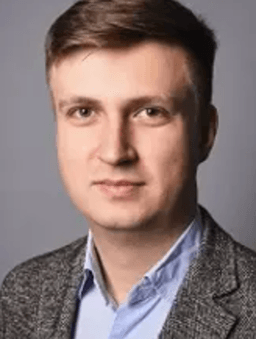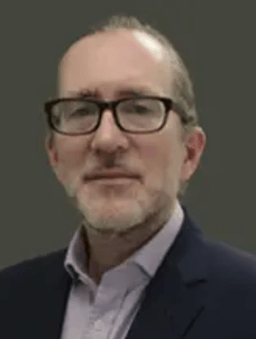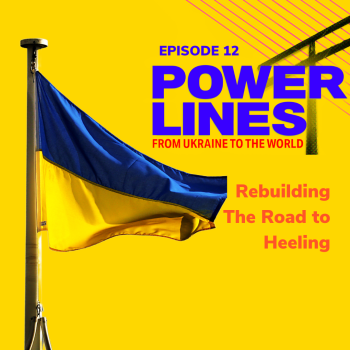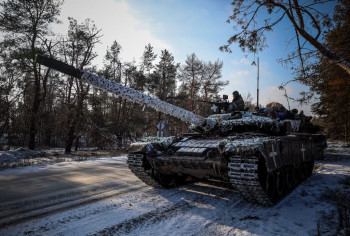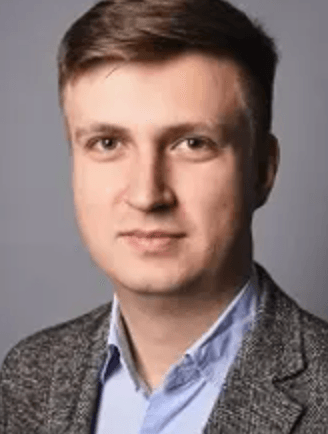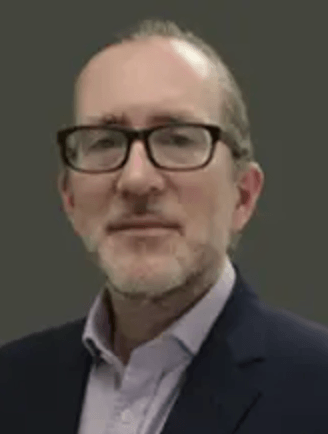Dorogan, Keatinge: Preparation is key – securing Ukraine’s reconstruction
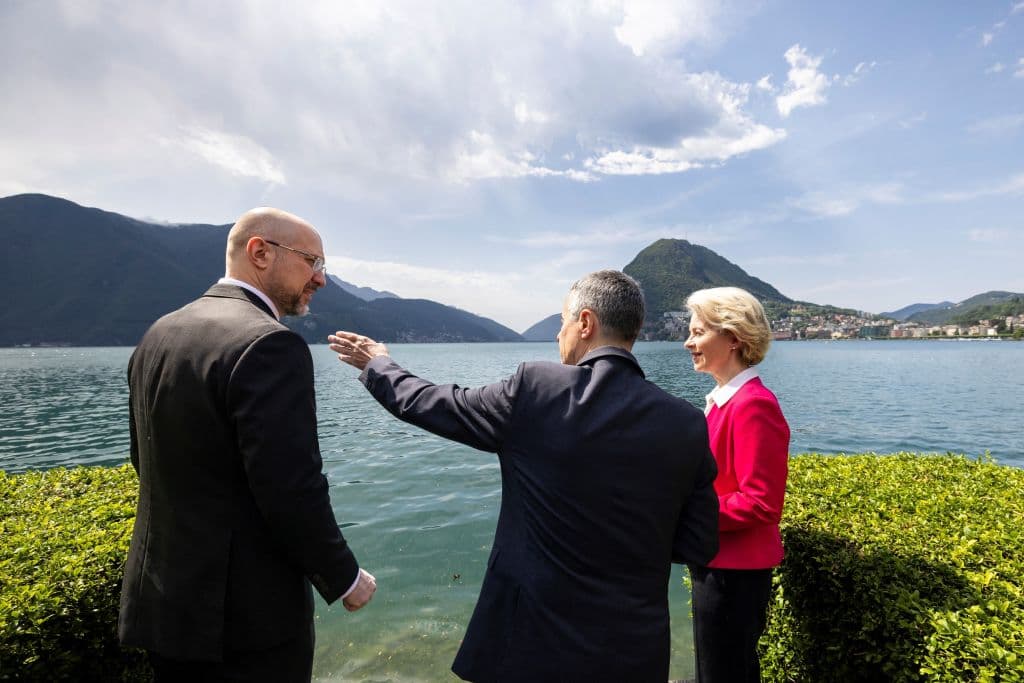
Editor's Note: The opinions expressed in our op-ed section are those of the authors and do not purport to reflect the views of the Kyiv Independent.
The destruction wrought by the Kremlin’s illegal and barbaric war in Ukraine is senseless and will require hundreds of billions of dollars of reconstruction.
Conferences, such as the one held in Lugano in July 2022, commit to supporting Ukraine’s reconstruction process and ambitions; the G7 has repeatedly affirmed its support for Ukraine’s “repair, recovery and reconstruction,” seeking to coordinate international partners and international organizations and financial institutions; international private sector investors have started to sift for opportunities; and Ukrainian civil society organizations, notably the RISE Ukraine coalition, are undertaking tireless work to make “the reconstruction a model of integrity, sustainability and efficiency.”
Ukraine’s focus on corruption – combining an energetic and expansive civil society and the development of key government capabilities, including the National Anti-Corruption Bureau of Ukraine (NABU), the Specialized Anti-Corruption Prosecutor's Office (SAPO), and the High Anti-Corruption Court – has gathered momentum since the 2013-2014 EuroMaidan Revolution.
And with good cause.
Ukraine’s corruption challenges have been well documented, and the country has faced a years-long challenge to reverse the tide of corruption across society. The recent ousting of top government officials for alleged corruption suggests there is no room for complacency.
The lessons of the last eight years are proving critical in formulating a reconstruction process that has integrity, sustainability, and efficiency.
For example, a recent proposal from RISE Ukraine on the “Institutional Architecture of Ukraine's Recovery” includes 10 principles for reconstruction, including a zero tolerance for corruption.
Throughout the current discussions on reconstruction integrity, an important focus has rightly been placed on such a “zero tolerance” for corruption, an ambition that is advanced via a range of initiatives aimed at securing the “first line of defense.”
Core to these initiatives is the use of technology. Ukraine has a strong tradition of leveraging technology to bring simplicity and transparency to government services, such as the DIIA portal that brings together Ukrainian citizens’ digital documents via one app as part of a drive to digitize the country.
Other such initiatives relevant to the reconstruction process include ProZorro, a “fully online public procurement platform and a collaboration environment that ensures open access to public procurement (tenders) in Ukraine,” and the Electronic Reconstruction Management System (ERMS).
While these systems should indeed support the transparency of the reconstruction process, they will also importantly gather valuable information for those seeking to monitor the integrity of the implementation of related projects and their associated payments.
As RISE Ukraine notes, the use of electronic systems should ensure that “All stages of the (reconstruction) cycle should be open for public participation, public control and international supervision.”
Preparing the second line of defense
An important group of beneficiaries of this transparency includes those operating in the financial system – both banks and other private sector actors, along with those from government, such as the Ukrainian Financial Intelligence Unit (FIU, known as the State Financial Monitoring Service), and supervisors of regulated sectors charged with policing the financial system against money laundering.
Money laundering is the process by which the proceeds of crime, be they from drug trafficking, fraud, or corruption, are washed through the financial system in order to disguise their origin, rendering the money indistinguishable from genuinely earned wealth.
Once cleaned, the money can be reinvested in criminal activities or enjoyed on luxuries like mansions, yachts, or extravagant holidays, often far beyond the reach of law enforcement in the affected origin country.
There is a global system for combating money laundering designed and monitored by the Financial Action Task Force (FATF), a multilateral watchdog that conducts reviews of countries approximately every 10 years.
Ukraine was last reviewed in 2017, and the resulting report included some positive messages. Ukraine was judged to have a reasonably good understanding of its money laundering risks, and its FIU was well regarded.
But corruption was assessed by the FATF to pose an “overarching money laundering (ML) risk in Ukraine,” generating “substantial amounts of criminal proceeds and seriously undermin(ing) the effective functioning of certain state institutions and the criminal justice system.” Critically, the FATF noted that the “law enforcement focus to target corruption-related (money laundering) is only at its inception.”
And herein lies Ukraine’s challenge in the years ahead. As the community gathered by the G7 begins to provide the flow of funds needed to rebuild Ukraine, not only must the procurement process itself be secure, but the country’s financial system – from both the public and private sectors – must also remain alert to detect, report, and disrupt financial activity related to reconstruction corruption.
It is this mission to bolster the second line of defense that the Centre for Financial Crime & Security Studies (CFCS) at RUSI and the Better Regulation Delivery Office (BRDO) will seek to advance in 2023 via our project on Supervising and Monitoring Ukraine’s Reconstruction Funds, which specifically aims to empower Ukraine’s civil society as part of this “second line of defense” by providing the necessary expertise and tools to enhance the financial monitoring capabilities of Ukraine’s reconstruction funds.
But how might this be done?
The key will lie in the focus placed on technology and transparency in the reconstruction management process.
Money laundering thrives on the opaque nature of the financial system. Company ownership is too often hidden; sources of wealth can be too easily obfuscated; and financial flows can all too readily (and swiftly) be routed between banks and across borders beyond the reach of the authorities – if they ever realize that illicit financial activity is under way.
All these vulnerabilities can be tackled via the introduction of transparency and the promotion of information sharing, reversing the advantages on which criminals and the corrupt thrive.
Ensuring that the transparency and information gathering of Ukrainian reconstruction’s first line of defense is not only harnessed for the reconstruction process itself, but is also leveraged by those charged with ensuring the integrity of the financial system, will be key to limiting the criminal ambitions of those seeking to abuse the enormous planned financial activity to advance their own corrupt agendas by stealing from the Ukrainian people.
